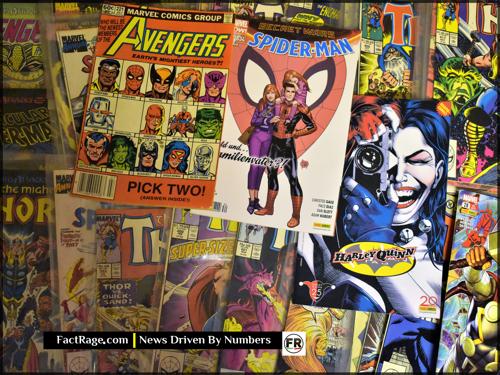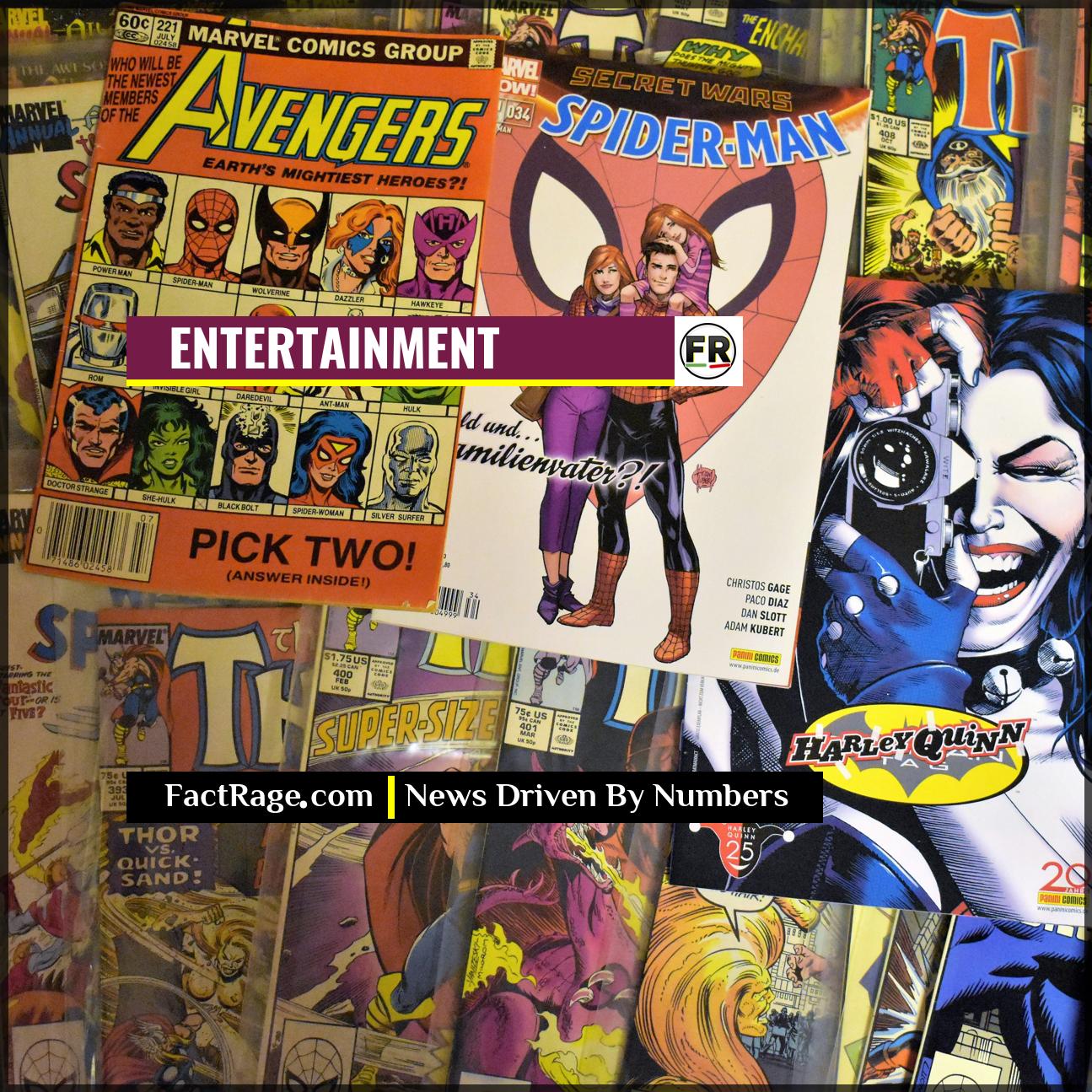HOLLYWOOD – The upcoming Disney+ series ‘Wonder Man’ is poised to become a critical test case for Marvel Studios, as the company navigates audience fatigue and re-evaluates its content strategy following the universe-spanning Infinity Saga.
- Strategic Pivot – The series is a reported Hollywood satire focusing on a lesser-known character, a significant departure from Marvel’s traditional epic-scale storytelling.
- Industry Context – The show’s release comes as Marvel faces critiques of “superhero fatigue” and reassesses its high-volume output of film and television projects after a period of mixed results.
- Potential Impact – The success of ‘Wonder Man,’ led by actor Yahya Abdul-Mateen II, could signal a new, more experimental direction for the MCU, prioritizing varied genres and tones over interconnected, large-scale events.
As Marvel Studios confronts a new phase of its cinematic universe, ‘Wonder Man’ emerges not just as another entry, but as a potential answer to a pressing question: what comes after the era of world-ending threats?
Beyond the Cape: Reading the Subtext of Marvel’s Next Move
![]() Every major franchise eventually faces a crossroads. For the MCU, ‘Wonder Man’ isn’t just entertainment; it’s a cultural artifact that reflects a wider industry grappling with creative sustainability and audience saturation. The show’s reported self-referential, satirical tone is a direct conversation with a viewership that has grown up alongside this cinematic universe.
Every major franchise eventually faces a crossroads. For the MCU, ‘Wonder Man’ isn’t just entertainment; it’s a cultural artifact that reflects a wider industry grappling with creative sustainability and audience saturation. The show’s reported self-referential, satirical tone is a direct conversation with a viewership that has grown up alongside this cinematic universe.
Read On…
Below, we dissect the business decisions and creative risks that make ‘Wonder Man’ one of the most important MCU projects in years.
Why Marvel is Pivoting From Epics to Satire

Character Origins
In the comics, Simon Williams (Wonder Man) is a stuntman and actor, making the Hollywood satire theme a natural fit for his character’s adaptation.
For over a decade, the Marvel Cinematic Universe was defined by its interconnected, high-stakes narratives culminating in ‘Avengers: Endgame.’ However, the subsequent phases have seen mixed critical and commercial reception, leading to industry-wide discussions of “superhero fatigue.” Audiences have shown signs of weariness with the constant need to keep up with an ever-expanding roster of characters and storylines.
In this context, ‘Wonder Man’ represents a calculated shift. By adopting a satirical tone and focusing on the relatively obscure character of Simon Williams—a Hollywood actor and stuntman who also happens to have superpowers—Marvel appears to be testing a new model. The question for the studio is whether a more grounded, genre-specific, and self-contained story can re-engage viewers who may have grown tired of cosmic battles. This move away from grand spectacle toward character-driven comedy could be a direct response to market feedback.
The Business Case for a Lower-Stakes Hero
Creative Team
The series is developed by Destin Daniel Cretton, director of ‘Shang-Chi and the Legend of the Ten Rings,’ indicating Marvel is entrusting established MCU talent with this new direction.
Beyond creative refreshment, the strategy behind ‘Wonder Man’ carries significant financial implications for parent company The Walt Disney Company. Producing universe-altering blockbusters and effects-heavy series is an expensive proposition. Recent projects have demonstrated that a massive budget does not guarantee a proportional return at the box office or a surge in streaming subscriptions.
A show like ‘Wonder Man’ presents a different business model. With a potentially smaller budget and lower stakes, the series doesn’t need to be a global phenomenon to be considered a success. Its primary goal may be to retain subscribers with diverse, high-quality content rather than attracting new ones with a massive event. If successful, it could provide a blueprint for a more sustainable and cost-effective content pipeline, allowing Marvel to take more creative risks on smaller projects while saving its blockbuster budgets for guaranteed tentpole events.
What ‘Wonder Man’s’ Success (or Failure) Means for the MCU
The performance of ‘Wonder Man’ will likely have ripple effects across the entire MCU. A successful run would validate the studio’s experimental turn, potentially greenlighting more projects that break the traditional superhero mold. This could open the door to a wider variety of genres within the MCU, from true horror and political thrillers to grounded crime stories, each capable of standing on its own.
Conversely, if the series fails to find an audience, it could be interpreted as a signal that viewers primarily want the classic, high-stakes action they have come to expect from Marvel. Such an outcome might cause the studio to retreat from experimentation and double down on its established formula of interconnected, large-scale crossover events. In this sense, ‘Wonder Man’ is more than just a show; it’s a referendum on the creative and strategic future of the world’s most successful entertainment franchise.
The Ever-Evolving Pop Culture Canvas
![]() Ultimately, ‘Wonder Man’ serves as a reminder that even the most dominant cultural forces must adapt to survive. Whether it launches a new era of creative experimentation or serves as a cautionary tale, its performance will be a key data point in the ongoing story of how Hollywood manages its most valuable properties. The series is less about a single hero’s journey and more about the evolving narrative of the modern entertainment landscape itself.
Ultimately, ‘Wonder Man’ serves as a reminder that even the most dominant cultural forces must adapt to survive. Whether it launches a new era of creative experimentation or serves as a cautionary tale, its performance will be a key data point in the ongoing story of how Hollywood manages its most valuable properties. The series is less about a single hero’s journey and more about the evolving narrative of the modern entertainment landscape itself.










